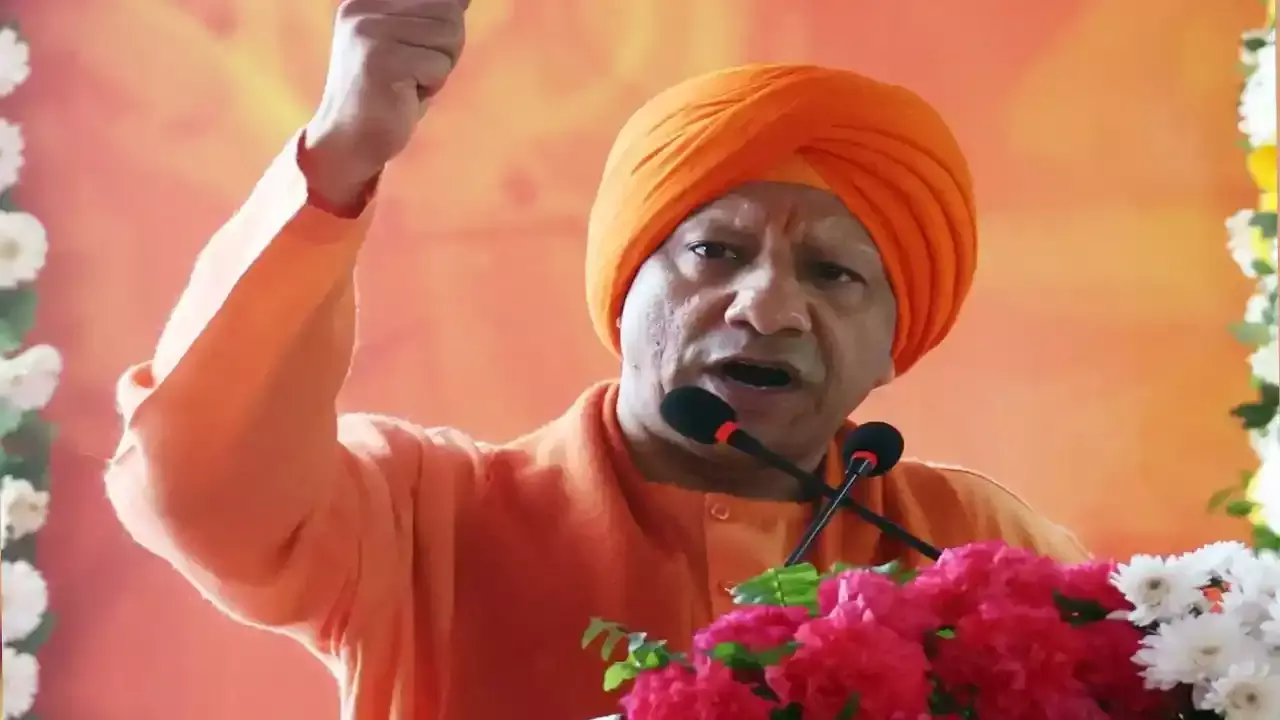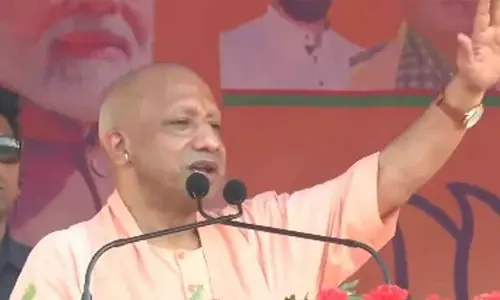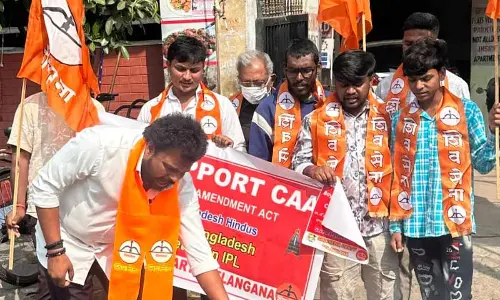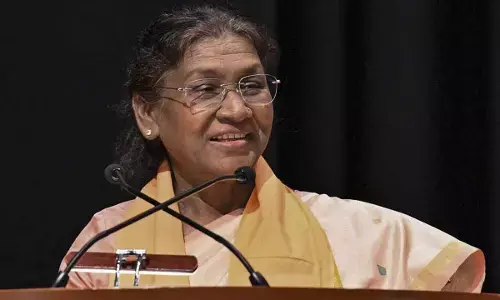Veil of secrecy

The 19th round of regional negotiations on trade concluded in Hyderabad recently. This Regional Comprehensive Economic Partnership (RCEP) is expected to augment free trade.
The 19th round of regional negotiations on trade concluded in Hyderabad recently. This Regional Comprehensive Economic Partnership (RCEP) is expected to augment free trade.
The protagonists of such a regional free trade arrangement argue that such partnership will expand the frontiers of external market for India beyond United States and European Union.
With the growing protectionist and neo-protectionist trends across the American coast, such an exploration of new trade arrangements is sought to be presented as an immediate imperative for India.
There are both positive and negative outcomes of any such free trade agreements for domestic economy. Any commitment to further tariff reductions can result in flood of foreign goods into the Indian market seriously undermining the domestic production.
However, the domestic economy can also benefit from increased market access. The devil lies in the detail. The fine print needs to be perused. The relative strengths and weaknesses of the players in the regional partnership need to be assessed. Thus, the relative gains and losses for India can be arrived at.
The RCEP comprises all the ASEAN countries and the six nations with which this bloc has bilateral Free Trade Agreements (FTAs). These countries include Australia, New Zealand, China, Japan, South Korea and India.
The RCEP will be an umbrella agreement that covers trade in goods, services and investments. Thus, any uncritical endorsement of such a comprehensive free trade regime can prove to be disastrous as unbridled globalisation can play havoc on the domestic economy.
The agreement includes aspects like standards, intellectual property, economic and technical co-operation besides disputes settlement.
India is already feeling the heat of unequal competition from cheaper Chinese goods. Any further reduction in tariff as part of RCEP can further intensify this trend. However, India hopes to benefit from liberalised trade in services as it feels more competent in this emerging sector.
There are always two contending schools of thought on the virtues of free trade. Free trade creates competition in the domestic economy thereby enhancing the capabilities of domestic production which has been hitherto marred by excessive protectionism.
The contrarian view is that increased market access to foreign players will ruin the domestic producers leading to deindustrialisation. The veracity of these two competing and contradicting views are actually sector-specific, depending on the levels of capacity and capability in the domestic economy.
Globalisation and liberalisation have come to stay. There is no charity in trade. India should learn to compete and negotiate. Free trade cannot be one-way street.
India should give some and take some. Any informed debate over the impact of RCEP on Indian economy is possible only when the particulars of the negotiations are kept in public domain.
The government that represents the people of India in such multilateral talks is duty-bound to lift the veil of secrecy surrounding such negotiations so critical for India’s economy and its people.
















